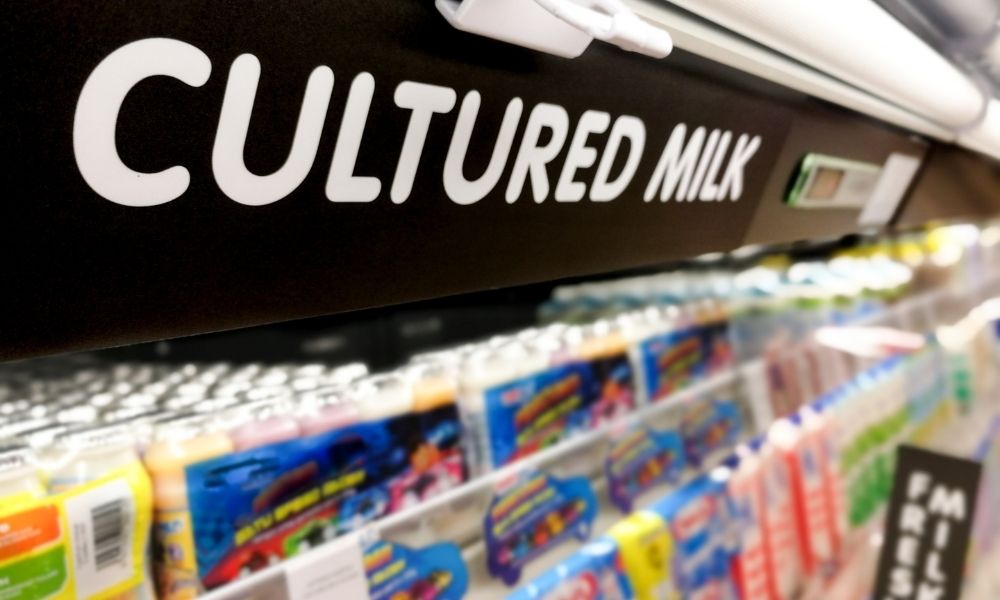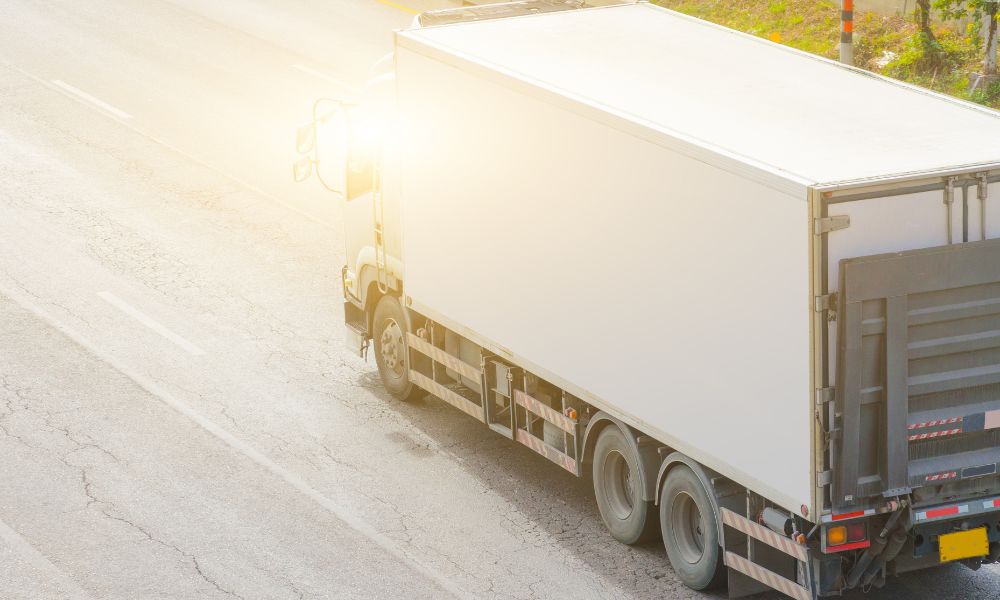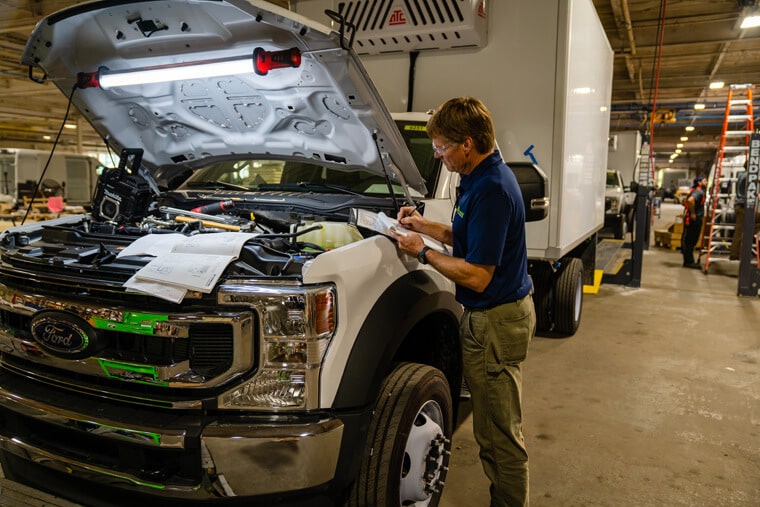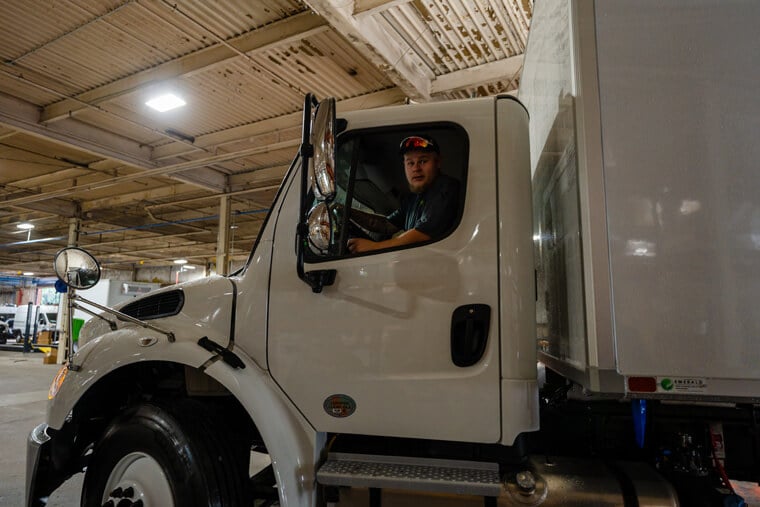
Reasons That Grocery Stores Need Refrigerated Delivery Vans
Joe Dickman | August 2nd, 2021
Grocery store owners know the importance of keeping their food safe and fresh. Whether you run a big chain store or specialty shop, you’ll need a reliable refrigerated vehicle to transport products. Read on to learn the reasons that grocery stores need refrigerated delivery vans.
Keep Up With Online Shopping
Everyone buys products online these days; the way we shop is changing before our very eyes. Grocery stores must keep up with the changing times and make sure people can do their grocery shopping with the press of a button. With your refrigerated vehicles, you can deliver groceries to your customers. This option will make your store attractive to anyone looking for convenience.
Ship Out Specialty Products
When your business caters to a more niche audience—such as game and exotic meats or international foods—you need to expand the number of people you can reach. Refrigerated vans are an affordable option. They can do things such as bring your specialty products to industry events and bring in food from a wide range of local markets and distributors. Having the flexibility to ship and receive goods whenever you need to is a tremendous help for small businesses.
The Cold Chain
Refrigerated vehicles are practically mandatory for any grocery store to safely receive and store produce and other fresh and frozen foods. These businesses rely on the cold chain, which refers to controlling the temperature of perishable goods from the distributor to the final customer. The cold chain is one of the biggest reasons that grocery stores need refrigerated delivery vans.
Emerald Transportation supplies high-quality refrigerated trucks to fit your business demands, whether you want to open your grocery store or need to improve your delivery fleet. Adding a small refrigerated van will help keep perishable items safe throughout the length of delivery. These vehicles are easy to drive and have enough space to transport all your products. Feel free to contact us with any questions.
Related Articles
Contact Us
Feel Free To Contact Us If You Have Any Questions
What does under DOT mean?
Questions regarding DOT requirements come up often. 10,000 lbs GVW (gross vehicle weight) and over are commercial vehicles that fall under the Department of Transportation regulatory requirements.
What is the difference between GVW and payload?
GVW or Gross Vehicle Weight is the entire weight of the vehicle including the payload. The payload weight represents the amount of cargo you are hauling.
What is a self-powered unit and a vehicle-powered unit?
A self-powered unit has its own fuel source and will run independent of the truck. This is the heaviest and most expensive option. While vehicle-powered units run off the engine via a compressor mounted on the engine. These are less expensive and lighter in weight but you must run the truck or plug the electric standby into shore power.
What does K-factor mean and why is that important?
K-factor is a term that stands for the overall insulating value of the container (truck body). Quite simply the lower the K-factor the better the truck body will be able to maintain a given temperature and require less energy to do so.
How much lighter is a Poly Van vs a US spec body?
Poly Van bodies are very light. On average we estimate we are 75-150 lbs per foot lighter than a traditional sheet and post foamed in place body. These weight savings translates to less fuel burn and less CO2 emissions, along with added payload, the most important benefit.






